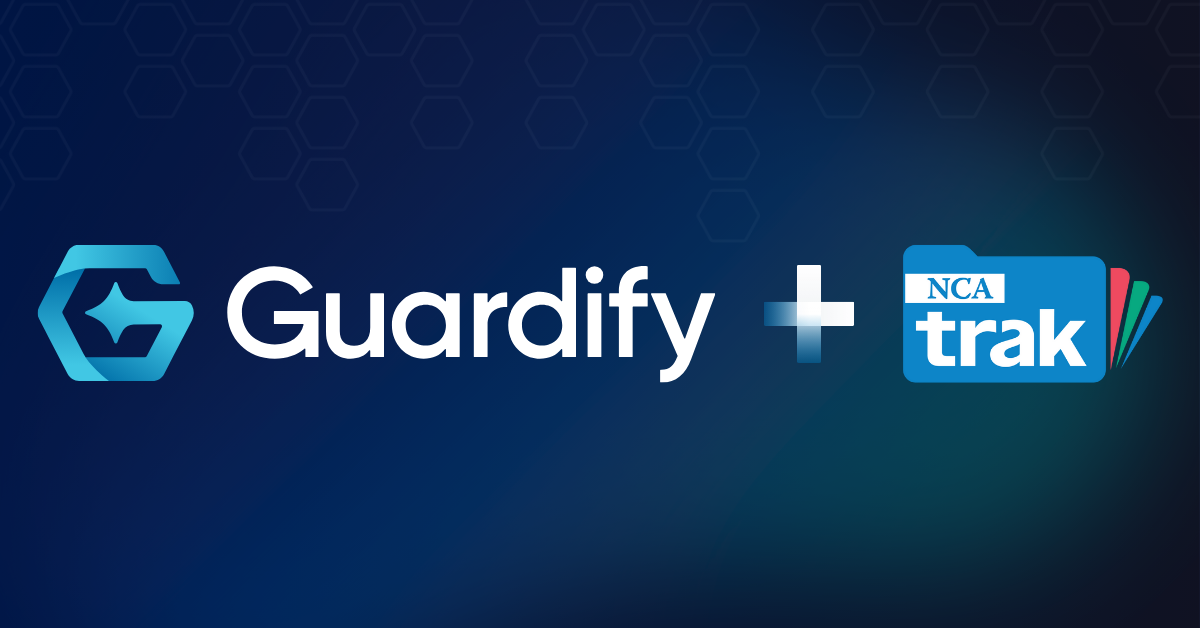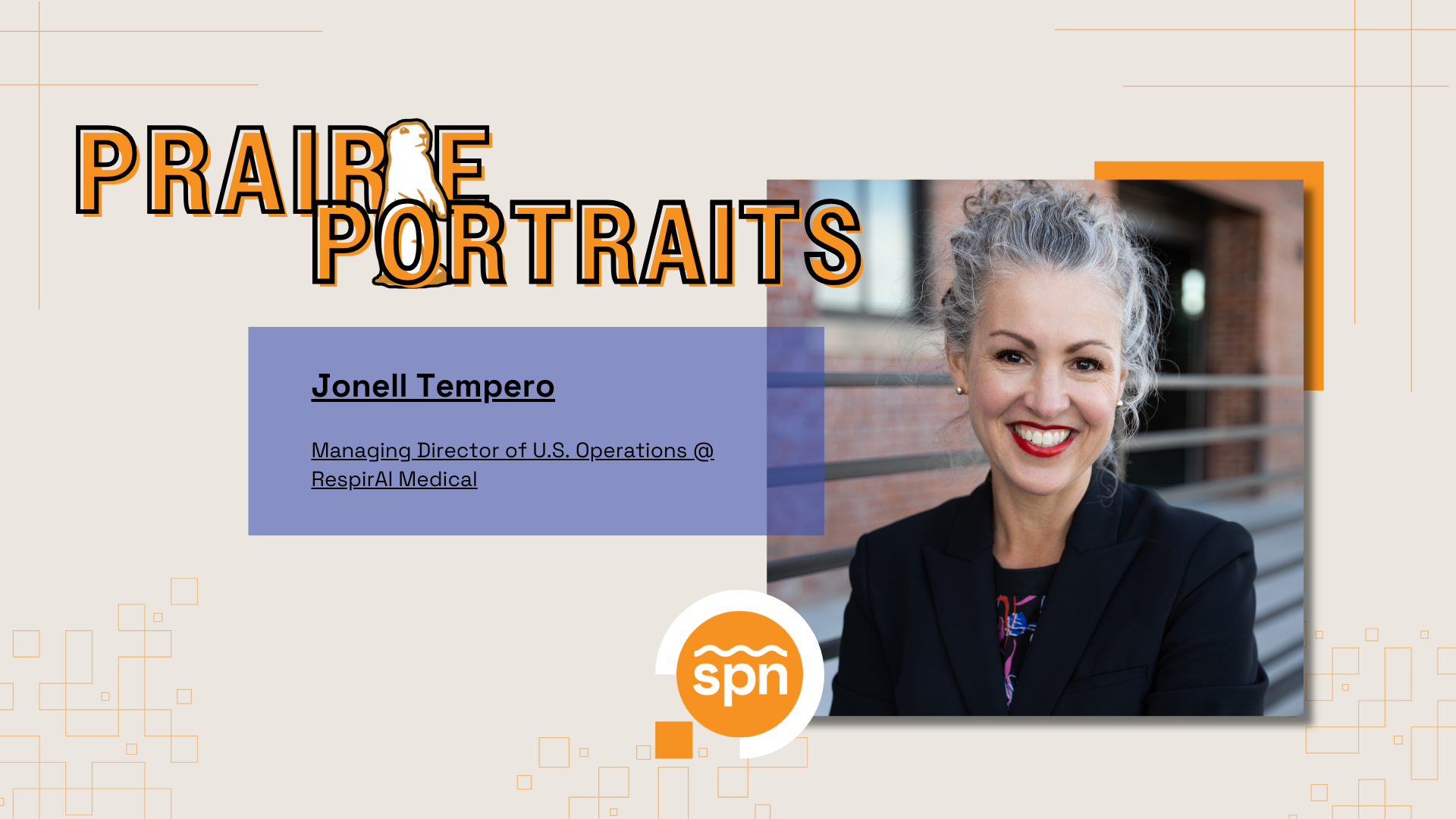On stage at this year’s Insurtech on the Silicon Prairie conference, Mike Lechtenberger, the chief information officer at Mutual of Omaha, recalled a meeting with other CIOs that sums up the state of artificial intelligence in the insurance industry.
“The question was asked: ‘Who’s getting positive ROI?’ In other words, are you getting the benefits of AI at scale? Nobody raised their hand,” Lechtenberger said. “But I guarantee you, every CIO in that room is working their butts off to try to create, scale, ROI benefits at their companies. And they will — we will.”
That confidence in the AI insurance future defined the Insurtech conference, held on Nov. 4 at the Holland Performing Arts Center in Omaha. Roughly 540 insurance executives, regulators and startup members attended from around the U.S. and the world.
Panels and speakers talked up the transformative value of AI while also highlighting challenges to its adoption. Insurance companies are built on complex and old tech systems, and are risk-averse to disruptive changes.
But as companies update their tech infrastructure, that’s an opportunity for startups, including those with AI solutions, to find clients and open markets. And the insurance world is hungry for those solutions.
“Imagine being able to double or quadruple your team’s productivity without having to hire more people,” said Mindy Chen, vice president of AI and analytics at Mutual of Omaha. “That’s the power of (AI) agents.”
Chen used the example of an AI chatbot that can explain insurance products to customers, generate illustrations and track claims requests to tell people what requirements they might still need to fulfill.
That ties into another core theme at this year’s Insurtech: that consumers deeply dislike and distrust the insurance industry. “It’s not a shock to us, but you kind of wonder, ‘Why?’” said Andrew Kearns, head of North America insurance at Appian.
“Everyone sells complex things. We sell a complicated product, not necessarily because it’s overly complicated — but nobody reads what they bought,” he said. To companies, AI is an opportunity to win that trust back by personalizing insurance and education.
Startups and corporations need to work together for insurtech innovation
A panel of venture capitalists emphasized that the insurance industry was no longer interested in disruption by tech, like new marketplace platforms to sell insurance. The fundamental model — insurance carriers putting together products sold by brokers to customers — isn’t going away.
“The industry is a fortress. It is really hard to penetrate. I would not want to back the next disruptor,” said Brian McLoughlin, partner and co-founder of MTech Capital.
Instead, startups should focus on creating efficiencies for existing companies and brokers, the panel said. Doing so effectively takes a lot of collaboration and learning what really drives the industry.
“You’re investing a lot of time as a founder in … understanding the layers of decision making,” said Atul Kamra, managing partner at SixThirty Ventures. “Ask the very basic questions: ‘How do you get measured at the end of the day?’ ‘What does your bonus depend upon?’ It’s amazing what people will tell you when you ask … about how your buyer actually behaves.”
Part of the challenge for startups is an inherent mismatch with the insurance industry. Startups need clients quickly, often out of necessity, barely getting by with enough money and sales to keep operating.
Insurance conglomerates, meanwhile, take a slower pace on budget and decision-making cycles. That makes it hard for startups to quickly get customer traction and prove enough to get more clients on board. Working with venture capitalists or other industry experts who understand the insurance world can help startups navigate that.
Both sides need to be better partners, said Brittany Clements, managing director of American Family Ventures. (Clements, incidentally, is a Creighton University graduate from Scottsbluff.)
It’s “important for carriers to articulate what’s interesting and what’s not, and get to quick no’s for the stuff that isn’t,” Clements said. “That can save a lot of time and energy … on the startup side so they can focus on highest-priority opportunities.”
Insurance companies also can create programs for piloting new tech and have that as a faster avenue to test out startups. But doing so comes with its own risks. “A carrier can almost put one of those companies out of business by being very insistent on some idiosyncrasies that have to be in the product for it to work for them,” McLoughlin said.
The startup hopes “to sell (their product) to the next client, but it’s a little too unique, and then … you, the insurance carrier, don’t have a viable vendor in 18 months because they can’t sell to anybody else, and now they can’t raise capital.”
State regulators are partners, not obstacles
Another cornerstone of insurtech innovation is the need to be compliant with state and federal law. Insurance is a very regulated industry, and states may have different rules that startups and companies need to navigate.
“As you innovate, there are always regulators and legislators that want to make sure that there’s a consumer protection aspect,” said Cassie Brown, commissioner of the Texas Department of Insurance. “Don’t do something so crazy that it causes everybody to say, ‘We got to regulate this. We got to pass a law to do this,’ because that’s the last thing we all want.”
Commissioners, speaking on a panel about the regulator’s point of view, stressed to conference attendees that they also want to see innovation in the insurance industry. They’re here to be a partner, not a stick in the mud.
“The worst way to come in is as an adversary,” said Judi French, director of the Ohio Department of Insurance. “If I can get to yes, I’m going to get to yes, and we want to collaborate with you. The worst thing that you can do is come in as if there are battle lines that have been drawn.”
To that end, startups and companies should communicate early and often with regulators. The more they understand about new insurance trends and technology, the more regulators can help make sure there aren’t legal issues and give feedback for new ideas.
That includes new uses with AI, which is top of mind today. Regulators need AI to be used fairly and in a way that’s accountable, compliant and secure. Andrew Mais, commissioner of the Connecticut Insurance Department, said his No. 1 concern is the risk of bias with AI.
If the insurance industry is serious about trying to regain trust, leaders need to explain how these AI bots, agents and systems are being used. Every regulator has been in a meeting where people think they have been treated unfairly by the insurance industry and demanded answers that regulators struggle to give.
“If somebody’s coming to me to tell me that (their policy was canceled) and it’s all because of AI, and it’s a black box and we’re not looking at it properly — I need to have an answer, because insurance is a business of trust,” Mais said. “We need to be able to ensure that consumers know that they’re treated fairly.”
Lev Gringauz is a Report for America corps member who writes about corporate innovation and workforce development for Silicon Prairie News.



